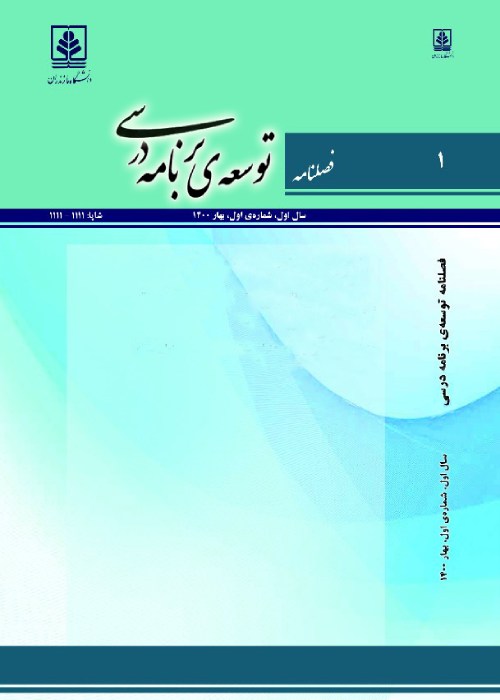Identification the Indices of Desirable Training time regarding the Humanity Courses for Universities and the Extent of attention them
The present study is aimed towards identification the indices of desirable Training time in regard with the Humanity Courses for universities and the extent to which these indices are attention. In the present study, exploratory mixed-methods research was used. In the quantitative section, Phenomenology method and in the quantitative section, a descriptive-survey method was employed. For the qualitative section, we underwent quasi-structured interviews with 20 distinguished and qualified experts and faculty members of universities having their expertise in curriculum and Training time. Also, 360 of the students of universities comprised the quantitative statistical population. This number of participants was selected using multistage cluster sampling method. To examine the reliability of interview questions and questionnaires, we recruited formal and content reliability. And, we used Cronbach's alpha coefficients to evaluate the validity of our questionnaires. We also employed in the qualitative part, Content analysis method was opened and in the quantitative part, T-sample and Manova tests to wage on analyzing the data. The results indicated that the Eight indicators including the appropriateness of class time with the volume of teaching activities, the appropriateness of theoretical and practical unit time, the reasonableness of the time allotted for homework, the appropriateness of course presentation time with the length of the semester, the possibility of communicating with the teacher at announced times Giving students enough time to reflect on the topics of the lesson and the appropriateness of the time allotted for solving the problems of the lesson from the point of view of the interviewees were the most important indicators of the teaching time The quantitative findings also indicated that the range and degree of attention and corresponding to the indices Training time seem to be less than desirable. Therefore, it necessarily requires far more significant attention.
-
Favorable Indices for Assessing The Performance of University Students in The Humanities Fields and The Amount of Attention They Receive
Mostafa Bagherianfar *, Ahmadreza Nasresfahani, Mohamad Javadipour, Asghar Zamani
Quarterly Journal of New Thoughts on Education,



